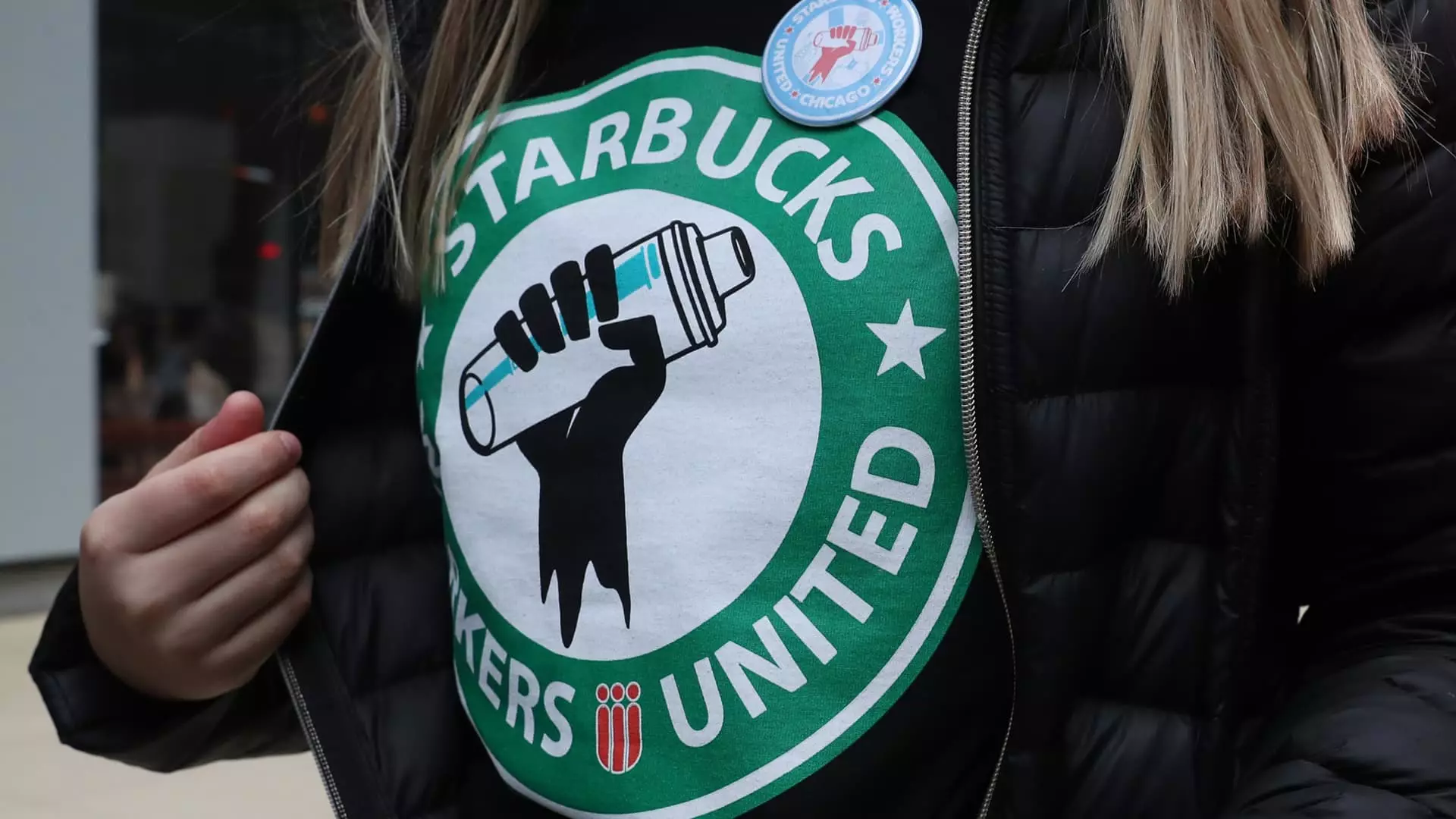Starbucks and the union representing its baristas, Workers United, have decided to return to the bargaining table after months of stalemate. This decision follows a February announcement where both sides expressed willingness to find a constructive path forward. The previous two years saw Starbucks engaged in a heated battle against the union and the broader unionization movement in its cafes.
Past negotiations between Starbucks and Workers United quickly hit a dead end, with accusations of sabotage from both parties. Starbucks insisted on face-to-face negotiations, refusing to allow any representatives to appear via Zoom. The union, on the other hand, accused Starbucks of using this as a stalling tactic. These disagreements led to an impasse in the negotiations.
For the upcoming negotiations, around 150 union representatives will meet in person to bargain, with several hundred more participating remotely. While store agreements will be negotiated and ratified separately, the union may propose changes that affect all Starbucks workers it represents. Workers United has been advocating for higher wages, more consistent scheduling, and other priorities. However, labor laws only require both parties to bargain in good faith, without mandating a collective bargaining agreement.
Workers who lose confidence in the union have the option to petition for decertification after a year, putting pressure on the negotiations. The National Labor Relations Board (NLRB) currently has 19 pending petitions to decertify, with 18 others denied due to unfair labor practices by Starbucks. These dynamics add complexity to the bargaining process and highlight the challenges faced by both parties.
In a separate legal battle, Starbucks recently appealed a lower court’s decision to reinstate seven fired workers at a Memphis cafe. The company argued that the NLRB’s threshold for seeking injunctions is lower than that of other agencies, potentially setting a precedent with far-reaching consequences. Experts believe that the Supreme Court’s ruling on this case could weaken the NLRB and impact organized labor. The court is expected to make a decision by summer, adding another layer of uncertainty to Starbucks’ current situation.
The resumption of contract negotiations between Starbucks and Workers United marks a critical juncture in their relationship. Both parties will need to navigate complex legal, procedural, and strategic challenges to reach a mutually beneficial agreement. The outcome of these negotiations will not only affect the baristas working at Starbucks but may also have broader implications for the company, the union, and the labor movement as a whole. Stay tuned for updates on this evolving situation as more details may emerge during Starbucks’ upcoming quarterly earnings call.

Leave a Reply